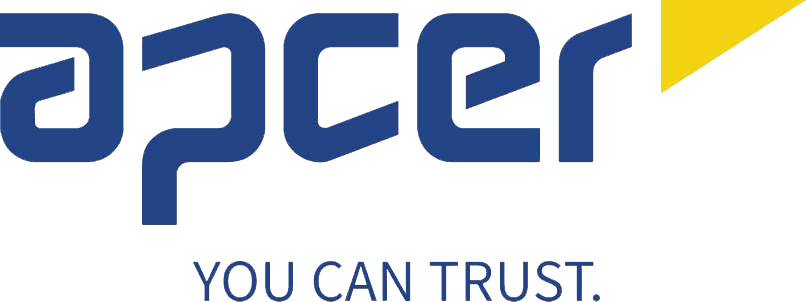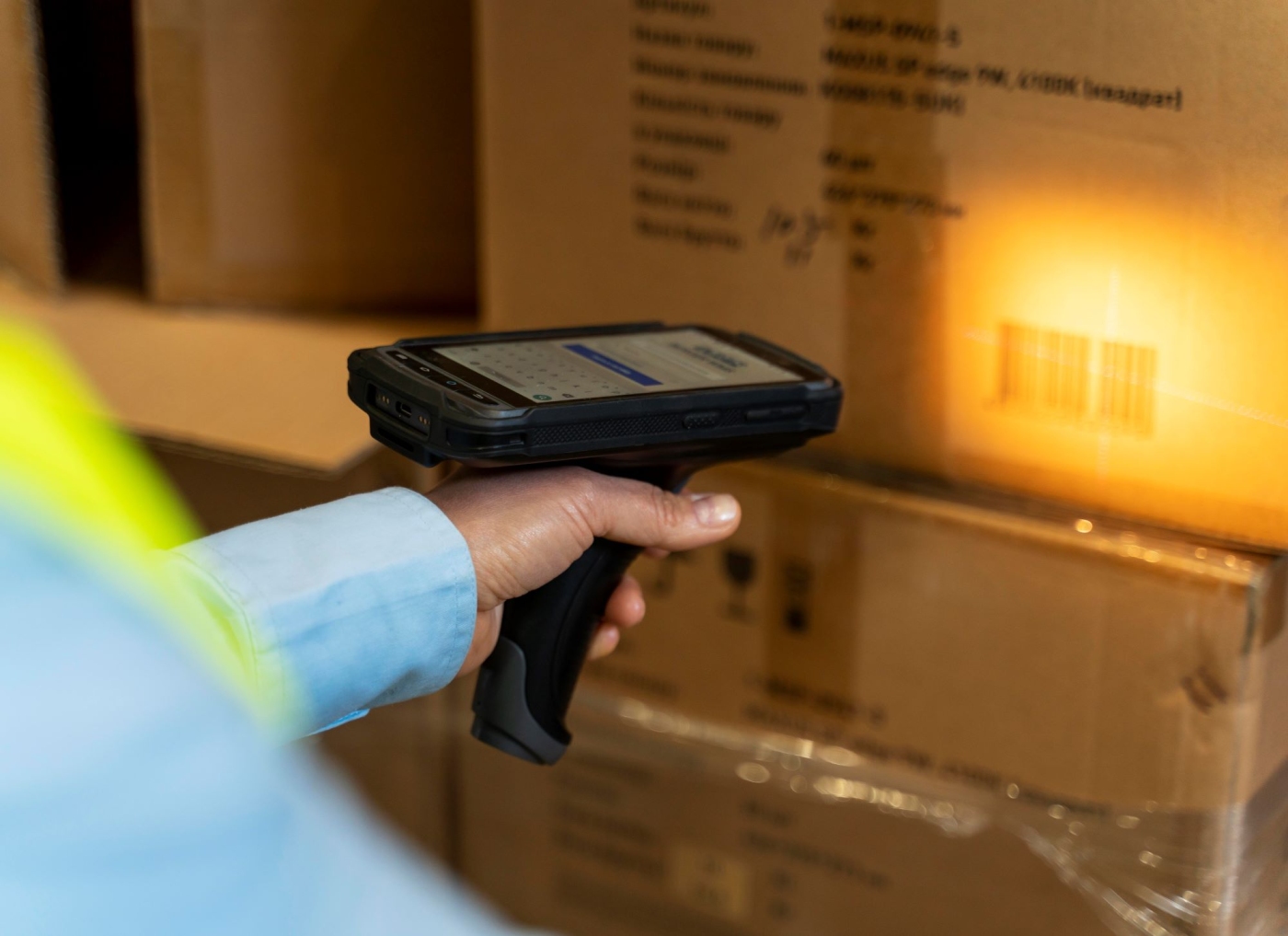The retail sector faces various regulatory and normative requirements that mandate traceability as an obligatory standard. Within the European context, Regulation (EC) No 178/2002 requires all companies in the food sector to identify the origin of their products at any point in the supply chain. Additionally, several certification standards, such as ISO 22000 and the Global Food Safety Initiative (GFSI) benchmarks (IFS, BRCGS, FSSC 22000), establish strict criteria for food safety, including comprehensive traceability requirements for organizations.
Traceability is crucial in retail and the food industry, as it enables the tracking of a product’s journey along the supply chain, from producer to final consumer. This practice is essential for ensuring food safety, maintaining consumer trust, and allowing a quick and effective response in case of safety or quality incidents.
Monitoring every stage of a product's lifecycle, from initial production to final sale, ensures that products reaching the consumer are identifiable and meet the required quality standards. Moreover, it offers consumers transparency, fostering trust and enhancing the perception of quality and safety.
The implementation of traceability systems brings numerous benefits. Beyond regulatory compliance, the key advantages include:
- Improved quality control: Traceability allows for rigorous monitoring of every stage in the production process, ensuring adherence to requirements, reducing the likelihood of errors, and facilitating problem identification.
- Product safety: By ensuring that each product is traceable, companies can act quickly when a food risk is detected, minimizing potential harm to consumers and protecting brand reputation.
- Risk reduction (such as fraud and recalls): Traceability systems help identify supply chain fraud, such as product counterfeiting, enabling the swift recall of compromised products. This aspect is particularly significant in sectors where adulteration and counterfeiting can have serious public health consequences.
- Logistical process optimization: Traceability also contributes to operational efficiency. By tracking product movements, companies can identify bottlenecks, optimize goods flow, and reduce logistics-related costs.
Despite the benefits, implementing traceability systems poses challenges and opportunities. The complexity of supply chains is a major challenge, making traceability difficult in extensive chains (involving producers, distributors, transporters, etc.), especially with suppliers across multiple geographies with differing practices and standards. This complexity increases the risk of errors and may reduce data reliability.
On the other hand, sustainability emerges as a significant opportunity: traceability enables companies to monitor, verify, and transparently communicate their products, ensuring adherence to ethical criteria and responsible sourcing. For instance, in the food sector, certifications like Chain of Custody (CoC) ensure the traceability of producers and processors through platforms with unique record assignments. Examples include:
- Rainforest Alliance: Ensures that products such as coffee, tea, and cocoa are grown and harvested on farms that promote social, economic, and environmental standards for sustainable agriculture.
- RSPO (Roundtable on Sustainable Palm Oil): Aims to increase the use of palm oil sourced sustainably.
- MSC and ASC (Marine/Aquaculture Stewardship Councils): Promote sustainable fishing practices throughout the supply chain up to the final consumer.
In conclusion, traceability in this sector is fundamental for ensuring food safety, building consumer trust, and complying with regulations. Robust traceability systems enable retailers to ensure products are sold before their expiration date, improving stock management efficiency and reducing food waste. Investing in traceability strategically positions companies in an increasingly conscious and competitive market.
At APCER, we provide training and certification solutions for organizations in the food sector and area professionals. Our specialized and highly skilled team is dedicated to ensuring food quality, protecting public health, and enhancing market confidence.
Ricardo Arruda, Business Developer Agrifood
APCER















